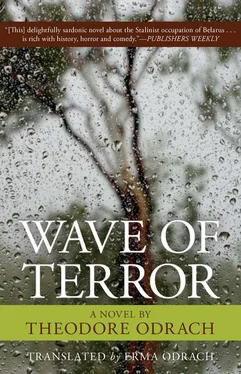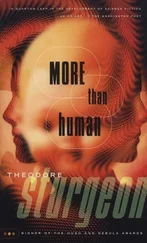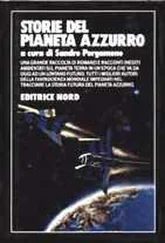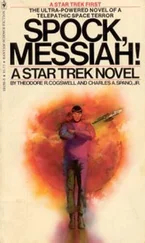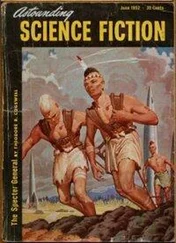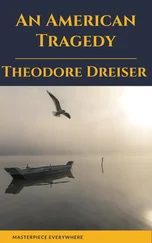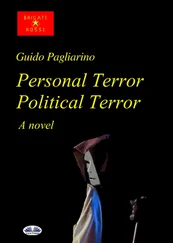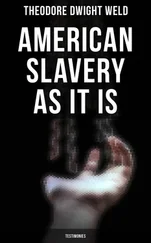These thoughts further dampened Kulik’s spirit; his head grew heavy with fatigue. He murmured gloomily, “But how can things be any other way?” Ukraine had never had self-government, and for centuries control over all aspects of life had come from outside its borders, namely, from Russia. In the end, he thought, Ukraine had suffered a loss of national identity and developed deep-rooted feelings of inferiority. Consequently, they were a people who forever looked outside themselves for political and cultural survival. The very foundation of the country’s existence, repeatedly wrecked by these outside forces, had fallen into moral decay. He asked himself, How can the people start fighting now and against such overwhelming odds, when they know they will only lose, as they always have? Soviet ways have now been imposed, with their intensified campaign to destroy all that is non-Russian. Forever lost in this terrible anomaly, who are Ukrainians really?
Kulik no longer listened to the old man who was jabbering away. The room was stuffy; he drew a white handkerchief from his pocket to wipe the sweat from his brow, but he felt cold. He had to get away from this house, from these people, as far away as possible. He got up and announced, “Well, it’s quite late. I’d better be off.”
“And where might you be off to?” Valentyn looked inquisitively at him.
“To Katia Street. I usually board there when I’m in Pinsk. I’m sure there’s something available. Good night and thanks for a pleasant evening.”
Picking up his satchel, Kulik made for the door. Marusia hurried after him, and clutching his arm, looked urgently into his eyes. She was very upset. “Ivan, please stay with us tonight. I’m afraid for you. You mustn’t go out there.”
Kulik looked at her steadily without moving or drawing away. He couldn’t help but be affected by her sincere concern for him. He felt an outpouring of love and his heart throbbed. He threw his arms around her, and covered her face with kisses. Gently stroking her hair, he whispered, “Don’t worry about me. I’ll be fine.”
But as he spoke these words, he felt a sensation of terror that he had never felt before. It was as if he had no more freedom even to think, and everything in his life was suddenly and irreversibly decided. Marusia looked really alarmed; he had never seen her like this. Putting his lips to hers, he pressed her trembling body against his as if for the last time. Then releasing her, he had a burning impatience to be off. But where could he go?
There was something frightful in the air tonight and it was approaching quickly. He believed his days were numbered. He knew he had to muster the strength to go on, but was there any place left for him to go? Giving Marusia one final embrace, he found his way onto the sidewalk, and stumbled into the night.
The next morning Kulik left his room on Katia Street and walked quickly toward the city center. The sun was rising over the houses, and the dark lines of the rooftops were just beginning to take on a brilliant orange hue. There was an odd breathlessness in the air, and although the sky was blue and clear, to the south it was obscured by a thin veil of dust and smoke. The streets were empty. Kulik hastened toward the Gosbank. Undoubtedly the queue had already begun to form, and the sooner he got there the better chance he would have of getting his money. He had just turned onto Karalyna and crossed over to the other side, when he heard a rumbling sound from somewhere around the corner; with each second it grew louder and louder. It was coming from directly behind him. When he turned to look, his heart gave a thump and he stood rooted to the spot. A big black car was creeping along, almost hitting against the curb, getting closer and closer. He was frightened and pained by the beating of his own pulse.
“It’s the Black Crow!” he cried aloud.
The car came to a full stop a few meters away, the back doors flew open and two men jumped out onto the sidewalk, one in civilian clothes, the other in NKVD uniform.
“Get into the car!” the one in NKVD uniform shouted and grabbed his arm.
Kulik pulled back, but his knees seemed to have turned to water. The one in civilian clothes took him by the shoulders and pushed him toward the car with such force that he almost fell. He scrambled into the far corner of the back seat, his heart racing. The street was completely deserted. It occurred to Kulik that this was usual NKVD practice: they almost always did their work in the early hours of the morning or in the dead of night, without witnesses or the possibility of interference of any kind. The car made a sharp turn and entered Sovietskaya Street, and it was only then that he realized where he was being taken: to the Zovty Prison! “Finally my turn has come,” he repeated to himself over and over. He began to experience a profound sense of fear and helplessness. Everything around him was so unreal it was almost surreal.
Then he became angry with himself, angry for having so recklessly and stupidly fallen into their trap. Why hadn’t he stayed away from Marusia? Why did he have to look for her yesterday evening after work and walk her home? And why didn’t he just go to Katia Street right away as he had originally intended? Why? Why? Why? All these questions piled up inside him and he tormented himself with them. Staring out the window without seeing anything, he was hit by a cold reality:
Sobakin! It was Sobakin who was behind this!
He knew that he was now completely penned in without any hope of escape.
The main gates of the prison were open, as if expecting them. The car drove into the courtyard and stopped at the side of the building with its motor running. A young guard in army uniform holding a rifle, immediately came to the car and opened the back door. Signaling to Kulik with his head, he poked the barrel of his rifle between his shoulders, and prodded him toward a side door. Kulik took a deep breath, and tried to strengthen himself to face whatever pain and humiliation awaited him there.
Walking down a broad, darkened corridor, Kulik could feel wafts of cold air seep through the stone floor. Odors of mold mixed with rust and mildew filled his nostrils. At a rickety wooden table pushed against the hallway wall, a snub-nosed officer with a shaved head, perhaps twenty-five or thirty years old, sat writing in a notebook. When he noticed the men standing there, he rose and pulling a Nagant revolver from his holster, announced to the guard, “I’ll take over from here.” Then pointing to a staircase at the end of the corridor, he gave Kulik a shove and ordered, “Hands behind your back! Get going! That way!”
Kulik started up the steps, not daring to turn his head or look back. The walls, black and roughly plastered, exuded a damp, pungent smell. He felt as though he was in a long, dark, endless tunnel. When finally he reached the second floor, the guard kicked him to one side and commanded, “To your left!”
Passing door after door, all painted the same drab, musty brown, they came to the end of the corridor, where there was a door much the same as the others, but with an iron gate in front of it. Both the door and gate were ajar and Kulik was shoved inside. He saw a bookcase, several wooden chairs, a desk and various other pieces of government furniture. At the back of the room was a closed door, undoubtedly leading to other rooms. A balding NKVD man of about forty-five was standing at his desk talking on the phone. Kulik could hear the words da, nyet spoken alternately, and it struck him at once that the man was taking orders from some higher-up. Upon seeing Kulik, the man quickly ended his conversation and hung up. He offered Kulik a seat opposite his desk, dismissed the guard and closed the door. Opening a small tin box on his desk, he pulled out a makhorka cigarette, lit it and handed it to Kulik, who realized this was a calculated gesture, one commonly used at the start of most interrogations. He took the cigarette, and inhaling the smoke deep into his lungs, felt a brief moment of relief.
Читать дальше
